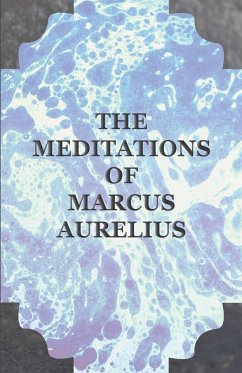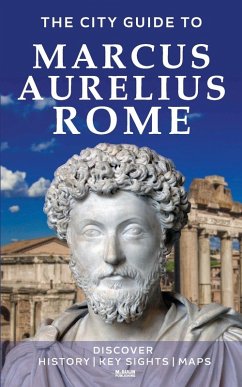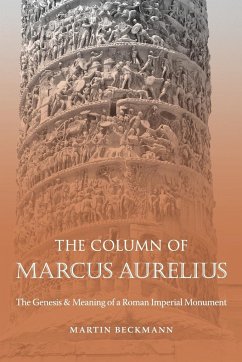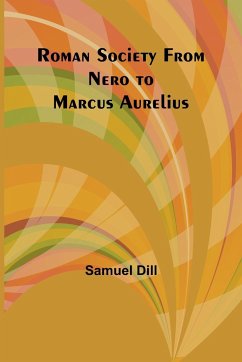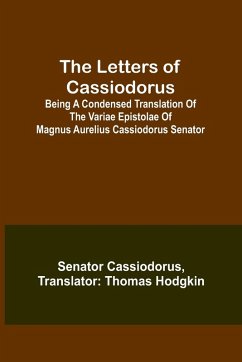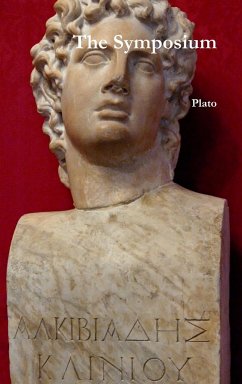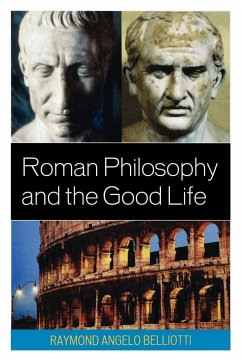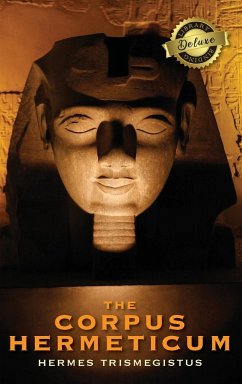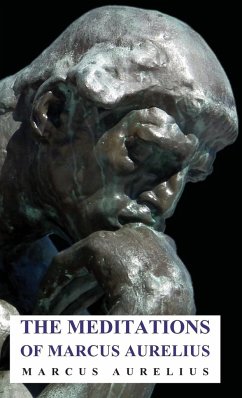
The Meditations of Marcus Aurelius

PAYBACK Punkte
20 °P sammeln!
This classic book contains the personal musings and reflections of the Roman emperor Marcus Aurelius. Written for himself with no intention of publishing his writing, Meditations of Marcus Aurelius documents the emperor's attempts to attain a better understanding of himself and the world around him, detailing his struggle with his emotions, ideas of virtue, the gods, reason, and all things in between. Despite being for his own benefit, his work was to become one of the most important works of philosophy, inspiring intellectuals, statesmen, and teachers for thousands of years. Marcus Aurelius w...
This classic book contains the personal musings and reflections of the Roman emperor Marcus Aurelius. Written for himself with no intention of publishing his writing, Meditations of Marcus Aurelius documents the emperor's attempts to attain a better understanding of himself and the world around him, detailing his struggle with his emotions, ideas of virtue, the gods, reason, and all things in between. Despite being for his own benefit, his work was to become one of the most important works of philosophy, inspiring intellectuals, statesmen, and teachers for thousands of years. Marcus Aurelius was Roman Emperor from 161 to 180. The last of the Five Good Emperors, he is hailed as one of the greatest Stoic philosophers. This fascinating philosophical work is published now with a new introductory biography of the author.




